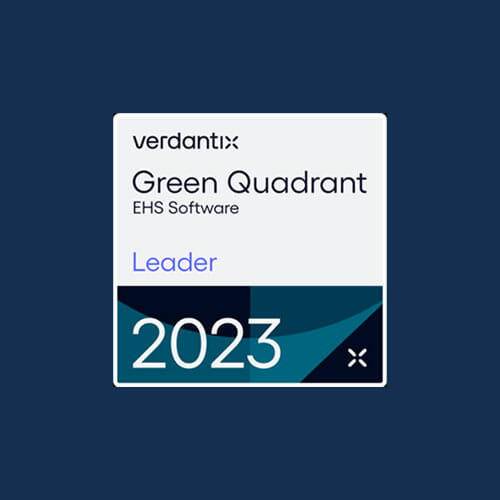Software as a Service (SaaS) has transformed the way we work, share data, and communicate. It means that we need fewer programs installed on our computers. In addition, we can access our data and services from more devices.
Technology is evolving and organizations are becoming more global and complex. SaaS gives people access to the data they need, wherever they are. Sustainability, supply chain, and ESG data are becoming more and more important in the corporate world. Consequently, as reporting requirements continuously evolve, accurate, secure, and accessible data is crucial.
Our solutions are built to evolve with our customers’ requirements for now and in the future. In this article, we aim to uncover what SaaS is, and the advantages it has over other software delivery options.
What is Software as a Service (SaaS)?
Software as a Service is a method of software delivery that enables data to be available from any device with a web browser. Hence, there is no need to install it locally to run on PCs or networks.
SaaS is typically licensed through an annual subscription model. It is owned, maintained, and delivered by the software provider, rather than hosted on a customer’s premises. This means software providers host and maintain the servers, databases, and code that sit behind the software. For the buyer, this means the cost can be spread over time with no maintenance or IT involvement. This makes the adoption and ongoing use easy and straightforward.
Advantages of Software as a Service (SaaS)
Updates
With the software housed on a cloud-based server, we can upgrade it centrally, avoiding the traditional model where the software needs upgrading on each machine. This approach ensures SaaS always maintains the latest version of the software.
Hardware
Running the software on a server eliminates the need to upgrade individual PCs for hardware requirements, and it avoids issues with not meeting minimum specs.
Cost
A subscription model spreads the cost of software over time, and hosting it in the cloud significantly lowers upfront implementation costs compared to traditional methods.
Quick Deployment
Since the software doesn’t require installation and configuration on individual machines, we can deploy SaaS much more rapidly.
Accessibility
Accessing SaaS only requires a browser and an internet connection, enabling users to log in from anywhere. Additionally, storing data in the cloud rather than on individual PCs facilitates collaboration with other users.
Data Security
All credible SaaS providers invest a huge amount in security, backups and maintenance. For this reason, a web-based system typically has more security measures in place than an on-premises system. SaaS providers regularly undergo stringent security procedure audits that test the data centre’s level of security. The chances are an individual IT department within may not hold themselves to the same standards.
Sustainability, Supply Chain and ESG SaaS software
In the sustainability, supply chain, and ESG software sectors, there are few enterprise SaaS solutions that can scale as the requirements of reporting organizations evolve.
Cority’s Sustainability Cloud offers comprehensive tools to support CDP and CSRD reporting, ensuring organizations meet current and future ESG regulatory requirements. Cority’s SaaS software solutions are built to evolve with its customers’ needs. We understand that an organization’s data management and reporting requirements may be very different in even a year’s time, and we build our software with this in mind.
“At Fujitsu we take our environmental responsibilities seriously and our long-standing partnership with Cority, and its software, has enabled us to report and evolve our non-financial reporting with accuracy and confidence.”
Juliet Silvester, Head of Responsible Business at Fujitsu
Fujitsu is a leading provider of IT-based business solutions for the global marketplace. With approximately 130,000 employees supporting customers in 180 countries, Fujitsu is one of the world’s largest IT service companies.
The data captured from the 400 Fujitsu sites is used to report emissions centrally to the Fujitsu Headquarters in Japan. This data forms the basis of the emissions reporting included in Fujitsu Group’s annual Environmental report and other reporting such as CDP, Business in the Community, GRI and ISO 26000. Fujitsu has been included on the prestigious CDP ‘A List’ since 2017.











